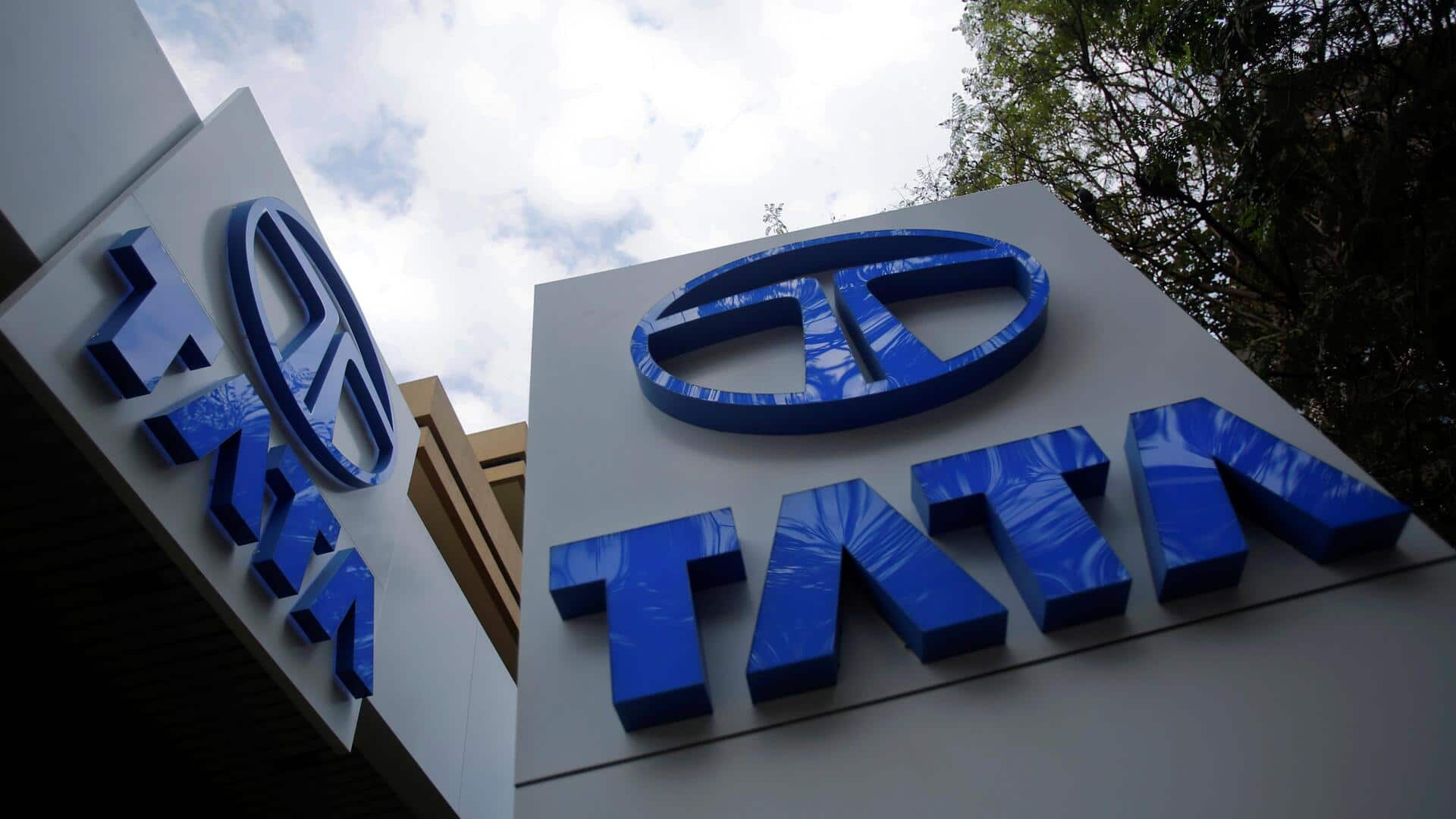
Tata Motors shares have crashed 40% today: What's the reason?
What's the story
Shares of Tata Motors witnessed a massive drop of nearly 40% today. The fall, however, is not due to a market crash or poor performance. It is because the company has demerged its commercial vehicle business from its passenger car division. The share price adjustment reflects this separation and not an actual loss in value for investors.
Shares
Shares open at ₹399 today
Tata Motors shares opened at ₹399 today, a fall of nearly 40% from Monday's close of ₹660.90. The company's market capitalization was around ₹1.45 lakh crore after the adjustment. This sharp decline is essentially a technical adjustment related to the commercial vehicle business' value being removed from the parent company's stock price.
Shareholder impact
Understanding the demerger process
The demerger process is a major corporate restructuring move. As of the record date, for every one stock of Tata Motors held, investors will get one share of the new commercial vehicle entity. This means that shareholders will not lose value but instead have their investments divided between two separate entities after the demerger.
Market debut
New entities and share distribution
The new entities formed after demerger of Tata Motors will start trading on the stock exchanges in about 45 to 60 days. The passenger vehicle business will be called Tata Motors Passenger Vehicles Limited (TMPVL), while the commercial vehicle business will be known as Tata Motors Commercial Vehicles (TMLCV). Eligible investors will get shares of TMLCV in a 1:1 ratio, which will be listed on both BSE and NSE.
Trading outlook
Futures and options trading status
TMLCV will not be available for futures and options (F&O) trading immediately. Brokerage firm SBI Securities had earlier estimated that post-demerger, Tata Motors' stock would trade between ₹285 and ₹384. The firm's analysis suggested that future upside for the stock would depend on Jaguar Land Rover's performance and profitability of the passenger vehicle division.